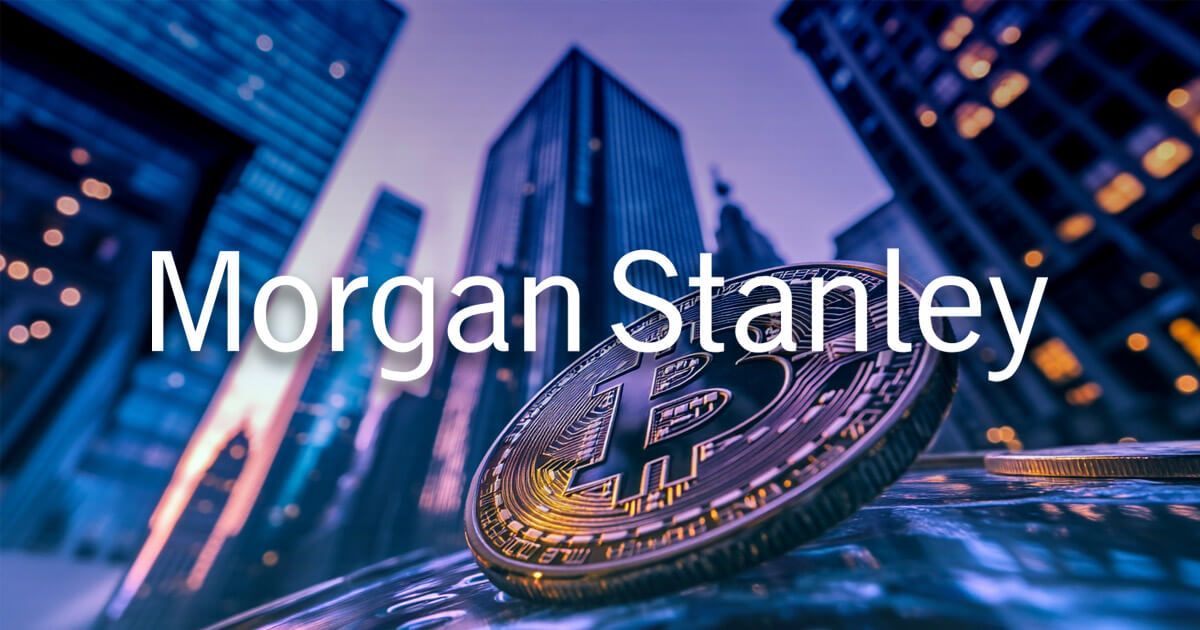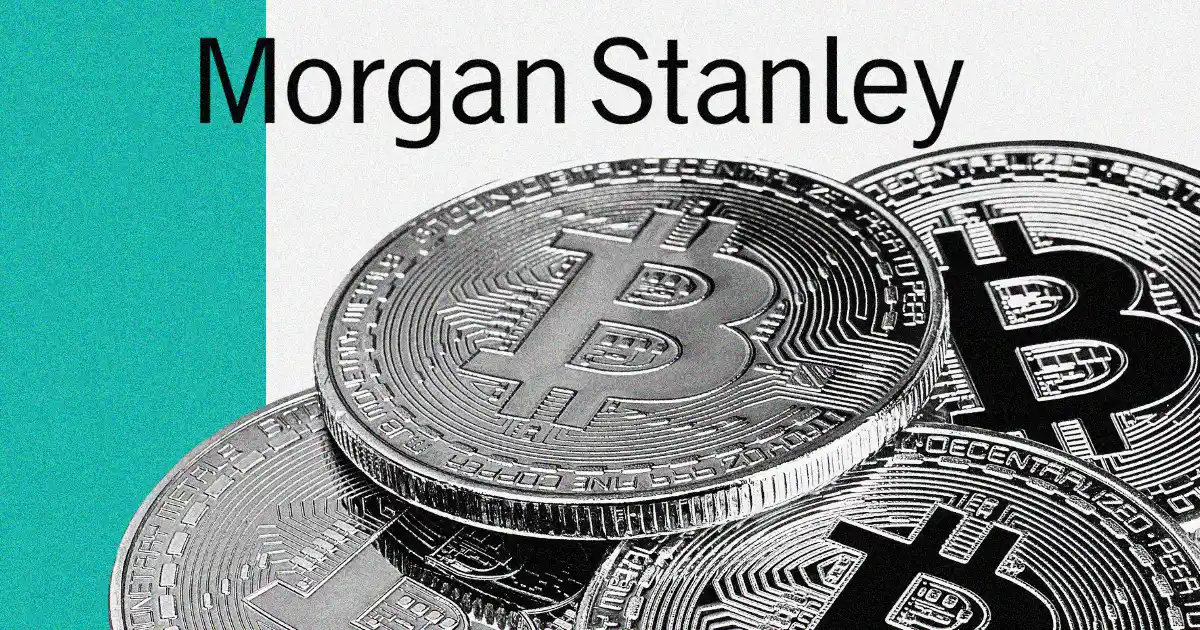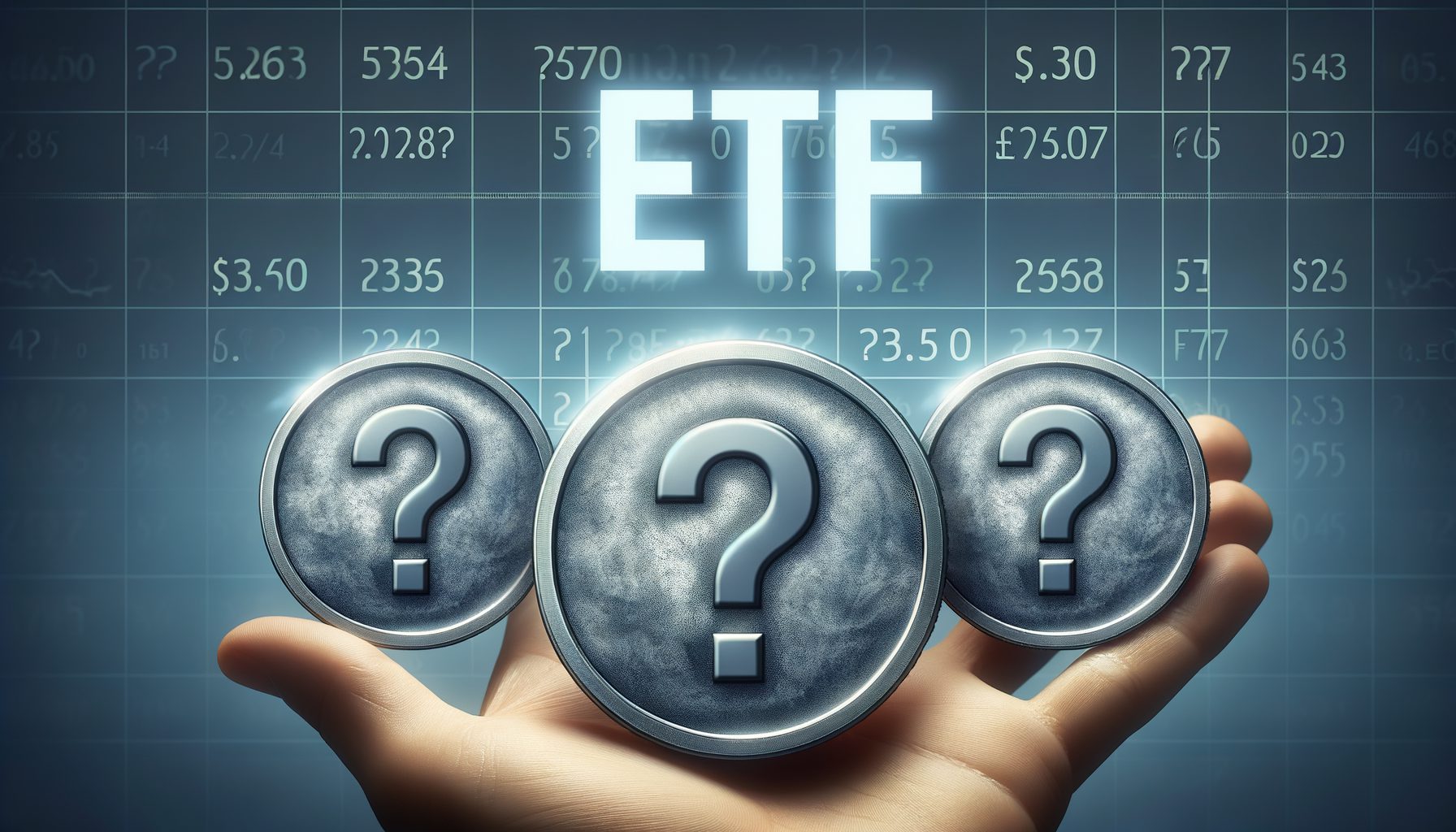
The SEC wants to redefine “exchange.” Vector illustration
The Securities and Exchange Commission has opened a new front in its campaign against crypto. In its latest gambit, the agency is targeting the entire domestic decentralized finance industry by proposing a fundamental change to how it defines an “exchange.” If successful, the SEC could drive one of the most innovative sectors of finance—as The Economist highlighted with its 2021 DeFi cover—from American shores.
The new legal fight over “exchanges” is similar to the dispute over which crypto entities should be considered “brokers,” a saga that united much of the industry in opposition in the summer of 2021.
Specifically, the SEC’s latest proposed rulemaking seeks to amend existing rules regarding Alternative Trading Systems, or ATSs, to broaden the definition of a securities “exchange” to bring in many digital asset industry participants that haven’t been included. The new definition would include a group of persons who make available “communication protocol systems” that allow people to express interest in potentially trading a security.
This raises the obvious question of what a “communication protocol system” is in the first place. But the proposed rule never defines the ambiguous term, and instead contends that a “group of persons” can exist whenever people “act in concert”—through even an “informal” agreement—even if none of them individually, or as a group, exercise any “control” over an exchange’s functions or facilities. This comically broad interpretation means that even an unassociated collection of individuals with no actual participation in an exchange’s core functions could be subject to securities regulation for operating an “exchange.”
This contorted definition of “exchange” would fundamentally alter the traditional understanding of how we conceive of one. It’s akin to expanding the definition of a “baseball team” from the group of people directly associated with it—the players, possibly the manager, the coaches, and front office staff—to one in which the team’s fans and even third-party sportscasters who perform certain “function[s]” associated with putting on a game become part of the “team.” It’s doubtful that anyone would consider a ticket scalper in the parking lot part of the “team,” but in the SEC’s new view, it’s possible depending on the “facts and circumstances.” It’s easy to imagine other examples of how this language could become stretched to absurd degrees. Does a power company that supplies electricity to servers powering a “communication protocol system” count as a partner in the exchange? And so on.
The SEC’s exchange initiative is the agency’s latest, and most egregious, attempt to expand its regulatory power beyond the authority granted by Congress. For example, there is no law on the books right now that classifies digital assets as securities, and it therefore remains an open question as to whether the agency has the authority to regulate digital assets. This rulemaking proposal does a convenient end-run around this question, establishing a new interpretation of an “exchange” that gives the agency broad new leeway to regulate a wide array of industry participants, far beyond the statutory limits established by the Exchange Act. Indeed, Republicans from the House Financial Services Committee filed their own letter to push the SEC to withdraw the proposal because of concerns about regulatory overreach.
You can make the case that it’s best to take SEC Chair Gary Gensler at his word and give the commission the benefit of the doubt that it’s pursuing this rulemaking “to reflect…changes…since Congress put in place the definition of an exchange.” However, given that the agency’s proposal comes after a history of enforcement actions and very little forward-looking guidance provided to the digital asset industry, Gensler doesn’t deserve the benefit of the doubt.
While there has been a lot of attention paid to the SEC’s recent enforcement actions, it’s important that the agency’s crypto rulemaking efforts—including its push to expand the agency’s powers—not fly under the radar. Congress must monitor Gensler’s efforts closely and hold him accountable if they’re not based in law and commonsense.
By attempting to broaden the SEC’s regulatory authority and open a new front in his ongoing war against crypto, Gensler exposes the agency to increased Congressional scrutiny—exactly the opportunity for crypto advocates to make their strongest case. The “exchange” definition may seem niche and technical, but the anti-tech impulse and regulatory overreach behind the proposal should concern every American—regardless of how they feel about crypto.
Amanda Tuminelli is chief legal officer for the Defi Education Fund, where she leads the organization’s impact litigation and policy efforts. The opinions expressed in Fortune.com commentary pieces are solely the views of their authors and do not necessarily reflect the opinions and beliefs of Fortune.
Credit: Source link














































